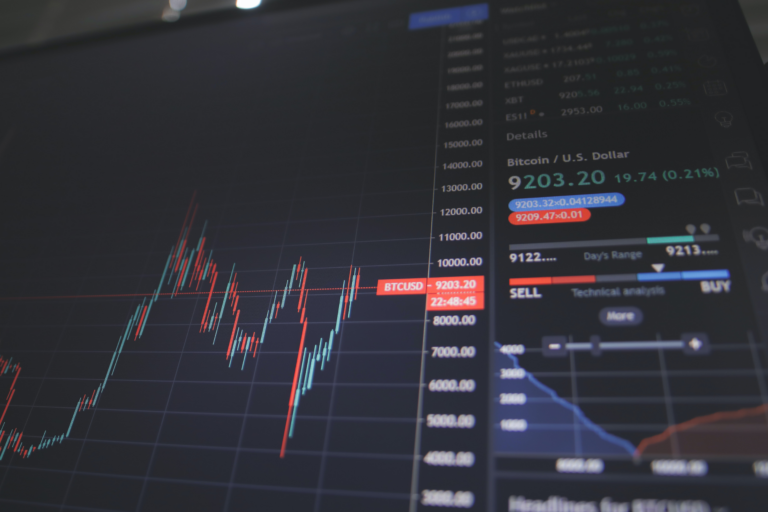
Safe Haven Currencies
Safe Haven Currencies are an imperative, yet complicated, business. Rising in value and price in the face of Geopolitical and general uncertainty and risk, their trend often defies not only other asset trends but also logic. In this article, we analyse known havens and the possible causes for their existence.
US Dollar
The US Dollar is not a safehaven. That may come as a surprise because one could make a strong argument for its stability as the most liquid and heavily traded currency in the world. This characteristic, in fact, is confusingly why it is not a safehaven. The liquidity and stability of the US Dollar in good times is one of the reasons why it is the world’s major conduit for business. Companies and corporations over the world flock to the consistent purchasing power of the Dollar, supported by an immense population underneath it.
This corporate and financial exposure of the US Dollar is why it is not a safehaven. When times are bad, i.e. when global geopolitical risk is mounting and looking unsustainable, it is these institutions that investors and stakeholders wish to minimise their exposure to. Therefore, there is a de facto exodus from the dollar, flooding market supply which, when met by low demand, allows the price of the Dollar to fall.
Despite lacking the status of a safehaven, the US Dollar is unequivocally stable and, unsurprisingly, a popular currency amongst the expatriate community. With the Dollar consolidating considerable value over the past few weeks, many analysts see little reason for this trend to reverse into 2018.
Japanese Yen
The election is dominating the political economy of Japan at the moment. Before this weekend’s event, most immediate fluctuations in the value of the Japanese Yen are likely, although not certain, to be derived from the leadership contest. However, with crises of industry affecting wider Japanese markets, the supremacy of the election to the Yen cannot be guaranteed.
Critically, also, the Yen is a fully fledged safehaven currency. Therefore, whilst the domestic environment will be reflected in the value of the Yen, the global geopolitical atmosphere has the propensity to make the Japanese currency highly volatile. As a central safehaven asset, alongside the Swiss Franc and Gold, its price is proven to vary inversely with other non-safehaven currencies.
Therefore, whilst the value of the Yen may, at times, be uncertain, it can usually be considered overpriced in globally bad times and under- or fairly priced during good times. The rising tension within the Koran Peninsula creates an interesting new dynamic within Japan and the Yen. Whilst the value of the Yen should rise during times of geopolitical uncertainty and insecurity, its geographical proximity to the epicentre of the troubles makes its relevance as a safehaven against North Korea questionable.
Swiss Franc
For almost 100 years, the Swiss Franc has acted as a safehaven currency. A politically and socially stable country, Switzerland is also a quintessentially neutral player on the international stage. Known for its strong and entrenched financial system, confidential banking and low inflation rates, it is considered by many to be one of the most stable currencies in the world. Although these are some of the most likely reasons why the Swiss Franc is a safehaven currency, the nature of a safehaven currency means one cannot know for certain.
What we do know is that investors flock to the Swiss Franc when geopolitical or natural challenges arise. Bucking the trend, when all other currencies seem to be shedding value, the Swiss Franc appreciates. The Swiss Franc is essentially a disaster fund, so whilst you may not protect yourself against inflation and loss in good times, you can be confident that the Franc will stay strong.
Related Insights

Daily Brief – OBR: Oops, Budget Released
OBR: Oops, Budget Released Traders who might have been out grabbing a coffee ahead of the planned publication of the UK budget yesterday afternoon would have returned to chaos. Reuters, a popular financial news agency, revealed that although not directly discoverable via a link on their website, the OBR had published its report on Chancellor […]

Daily Brief – Back in business?
Back in business? Tomorrow will mark one week since the President’s signature was provided to end the longest US government shutdown in history. It is not uncommon for the legacy of a shutdown to drag on beyond its formal conclusion date because it can naturally take differing amounts of time for different departments to get […]

Daily Brief – A risky ‘risk-on’
A risky ‘risk-on’ The theme of this week is undoubtedly the risk-on rally caused by reported progress on a Russia-Ukraine peace deal. As always with market moves driven by this topic, the details are opaque and at a time where progress is claimed, bombs continue to fall on Kyiv. Optimism comes from speculation that Ukrainian […]


 Charles Porter
Charles Porter